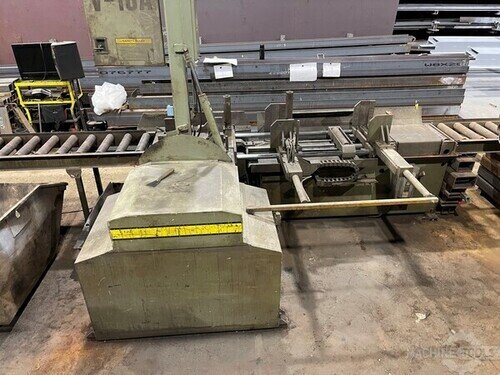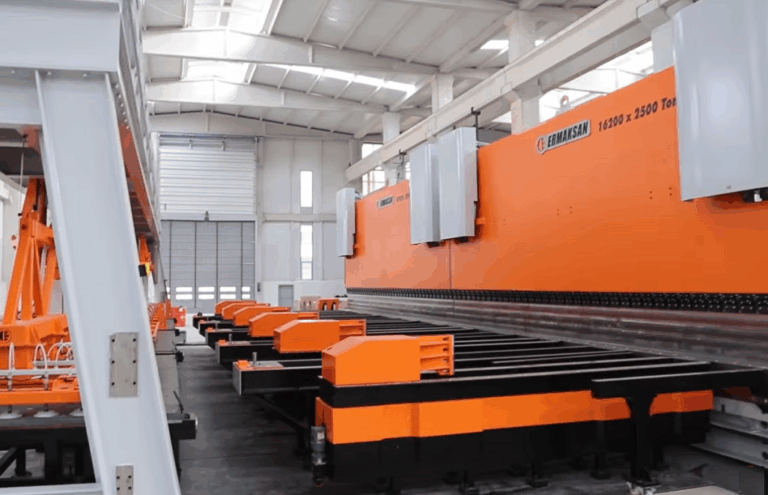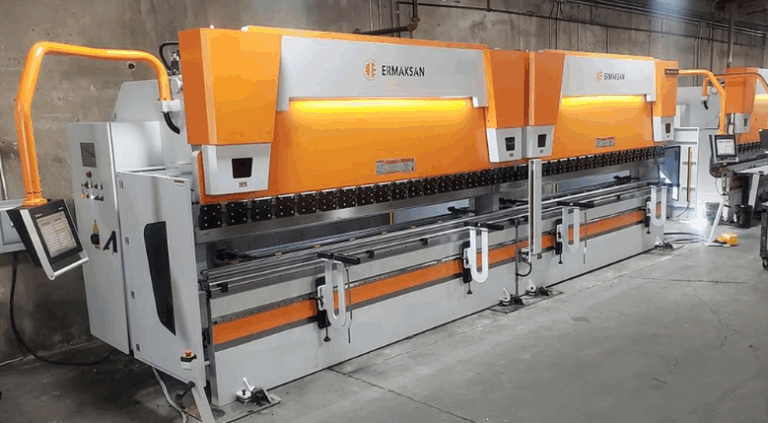As National Sales Executive at Mac-Tech, I have had the privilege of working closely with Indiana fabricators who specialize in metal roofing and related components. Over the years, I’ve seen firsthand how optimizing machinery and workflows can significantly enhance both production efficiency and product quality. One powerful strategy that has consistently delivered results is the whole-shop CNC assessment. This comprehensive evaluation not only identifies bottlenecks and inefficiencies but also uncovers opportunities to align equipment capabilities with evolving manufacturing demands. For fabricators in Indiana, where precision and durability are paramount, leveraging such assessments is a game-changer.
Optimizing Cut, Fold, and Form Machinery for Enhanced Metal Roofing Production
Cut, fold, and form machines are the backbone of any metal roofing fabrication operation. From my experience, many fabricators underestimate how fine-tuning these machines can lead to substantial gains in throughput and consistency. For example, precise blade alignment and regular calibration on cutting systems reduce material waste and improve edge quality, which is critical for roofing panels exposed to harsh weather. Folding equipment that is programmed for exact bend angles minimizes rework and ensures seamless panel fitment in the field.
A key insight from whole-shop assessments is the importance of integrating these machines into a cohesive workflow rather than treating them as standalone units. When cut, fold, and form processes are synchronized, fabricators can reduce cycle times and avoid bottlenecks that slow down production. This holistic approach also helps in maintaining uniform product tolerances across different batches, enhancing the overall reliability of the roofing systems fabricated.
At Mac-Tech, we assist clients by not only supplying state-of-the-art machinery but also offering training and process optimization consulting. We work closely with fabricators to understand their specific production challenges and tailor machine settings to their unique metal gauges and profiles. This ensures that cut, fold, and form equipment is operating at peak performance, driving up both quality and throughput.
HURCO CNC CONTROLS
AUTOMEC CNC BACKGAUGE CONTROL SYSTEMS
Leveraging Whole-Shop CNC Assessments to Drive Efficiency in Roofing and Downspout Fabrication
Whole-shop CNC assessments provide a comprehensive view of how machines interact across the entire fabrication line. For roofing and downspout manufacturers, this means evaluating cutting tables, roll formers, punching stations, and bending equipment collectively. From my perspective, this approach highlights hidden inefficiencies such as redundant handling steps or underutilized machines that fragment workflow and increase lead times.
One of the most valuable outcomes of these assessments is the identification of automation opportunities. For instance, integrating programmable logic controllers (PLCs) and automated material handling can significantly reduce manual intervention, minimizing errors and operator fatigue. This is especially important in downspout fabrication, where consistent dimensions and clean edges are vital for proper water drainage and installation.
Mac-Tech’s role extends beyond assessment; we collaborate with fabricators to implement actionable solutions based on assessment findings. Whether it’s upgrading a CNC controller, adding sensors for real-time monitoring, or reconfiguring machine layout for smoother material flow, we ensure that improvements translate into measurable production gains. Our ongoing support includes training operators and maintenance teams to sustain efficiency gains over time.
Tailored Solutions from Mac-Tech to Elevate Fabrication Performance and Output
Every fabricator’s needs are unique, particularly in a diverse market like Indiana’s metal roofing sector. At Mac-Tech, we pride ourselves on delivering customized solutions that align with our clients’ production goals and budget constraints. Following a whole-shop CNC assessment, we develop a comprehensive plan that addresses immediate pain points while positioning fabricators for future growth.
One example is our flexible modular machine designs that allow fabricators to scale capacity or add new capabilities without major disruptions. For instance, a fabricator focused on expanding downspout profiles can integrate additional roll forming sections or upgrade tooling with minimal downtime. This adaptability ensures that investments deliver long-term value.
Moreover, our commitment to customer success includes extensive training programs and responsive technical support. I personally ensure that every client receives hands-on guidance during installation and commissioning, along with ongoing access to our engineering team. This partnership approach empowers fabricators to maximize machine uptime and maintain consistent product quality in a competitive marketplace.
What maintenance routines are essential for prolonging the life of CNC cut, fold, and form machines?
Regular lubrication of moving parts, routine blade and tool inspections, and scheduled calibration checks are critical to maintain precision and prevent unexpected downtime.
Can whole-shop CNC assessments identify automation opportunities for small to mid-sized fabricators?
Yes, assessments reveal workflow inefficiencies and highlight areas where automation can reduce manual labor and improve consistency, regardless of shop size.
How customizable are Mac-Tech’s CNC solutions for specialized metal roofing profiles?
Our systems are highly customizable, with modular tooling and programmable controls designed to accommodate a wide range of metal gauges and complex profiles.
What training does Mac-Tech provide to ensure operators can fully leverage new machinery?
We offer comprehensive on-site and virtual training sessions covering machine operation, programming, troubleshooting, and preventative maintenance.
How quickly can a fabricator expect to see ROI after implementing recommendations from a whole-shop CNC assessment?
Many clients report measurable improvements in efficiency and quality within weeks, with full ROI typically realized within 6 to 12 months depending on the scope of changes.
Get Weekly Mac-Tech News & Updates








